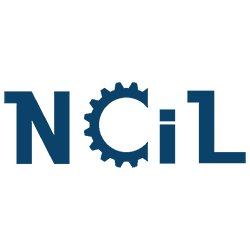
NCIL
@NCILab
Followers
26
Following
43
Media
11
Statuses
46
The NeuroCognitive Imaging Lab (NCIL) is devoted to improving quality of life through brain research.
Dalhousie University
Joined October 2010
This week’s #LabMemberOfTheWeek is Daniel Godfrey!. Danny was born at a very early age. Then he became a graphic designer, a salsa dance teacher, and a martial artist. Now he's a sailor, a Python coder, and a Master's student of Experimental Psychology.
1
1
3
This week’s #LabMemberOfTheWeek is Lyam Bailey!.Lyam is an international PhD student from Wales, UK. He completed a BSc in Psychology at Bangor University, before joining NCIL and completing an MSc in Psychology and Neuroscience. Lyam's current work primarily involves using fMRI.
1
1
2
This week’s #LabMemberOfTheWeek is Francesco Usai!.Francesco is enrolled in the Psychology/Neuroscience PhD program. His main interest is the study of language disorders, along with innovative and more effective techniques to promote.
1
1
2
This week’s #LabMemberOfTheWeek is Kiera O’Neil!. Originally from Winnipeg, Kiera came to NCIL to do her MSc. in Neuroscience, investigating the impact of game-based training strategies on adult second learning outcomes and brain function.
1
1
2






